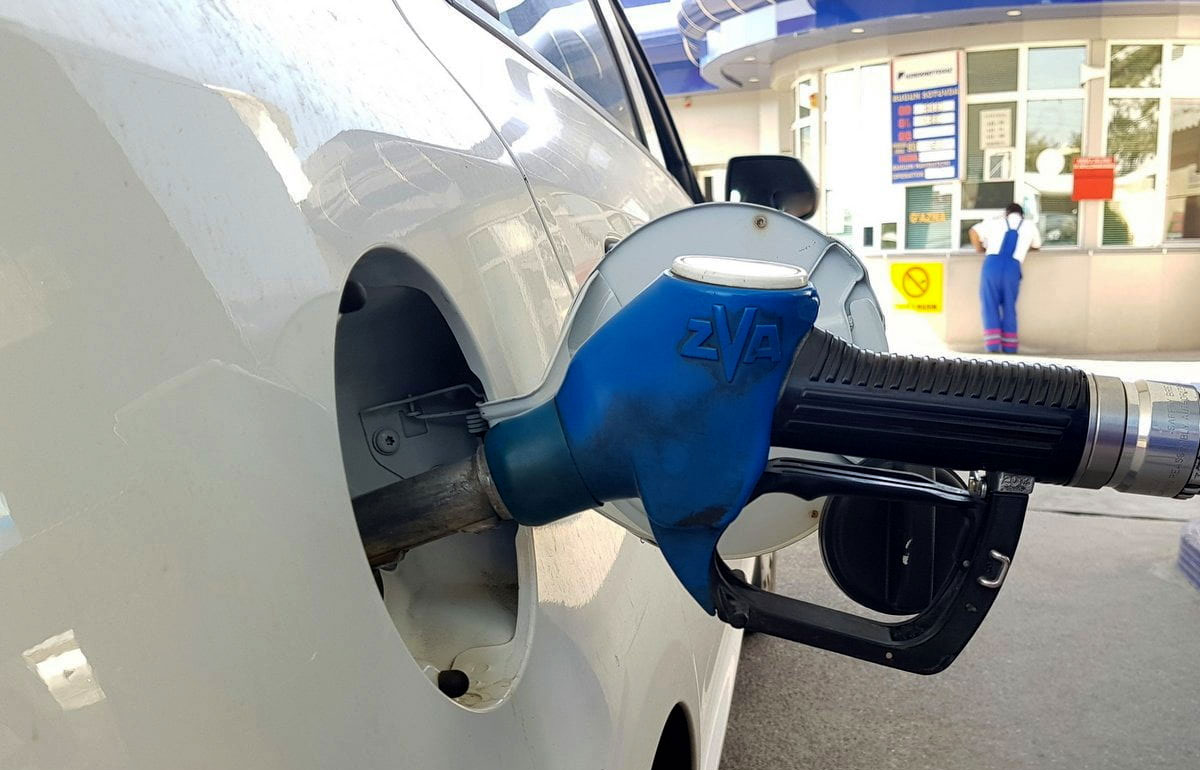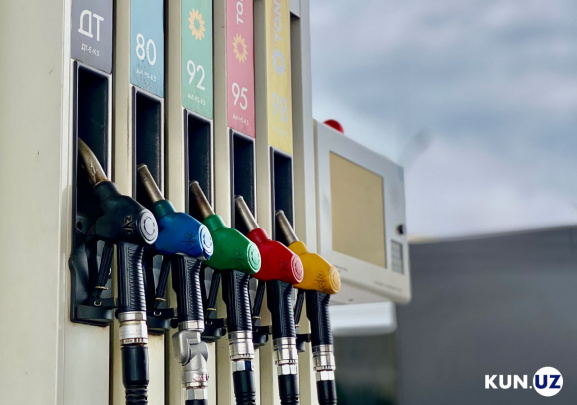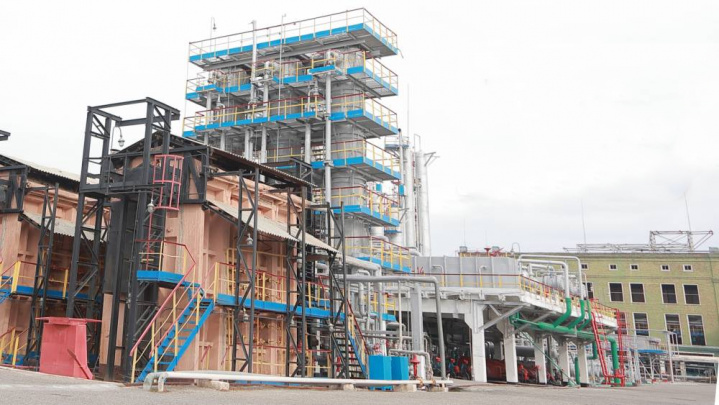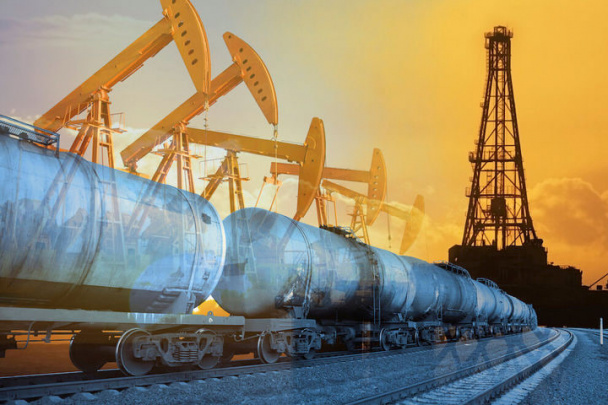Petrol prices in Uzbekistan hit new highs despite falling global oil prices
Despite a significant decline in global oil prices, petrol prices in Uzbekistan continue to set new records. Economist Otabek Bakirov has called for linking the price of AI-92 petrol to Brent crude prices – in the same way that raw cotton prices are pegged to global market rates.

On 11 August, Uzbekneftegaz issued a statement titled “AI-92 petrol prices reduced,” announcing that the starting price for AI-92 petrol produced at the Bukhara Oil Refinery had been lowered on the commodity exchange from UZS 12.881 million to UZS 12.628 million per tonne – a 2% decrease.
“This means that the starting exchange price for 1 litre of AI-92 is UZS 9,400,” the company noted, adding that it would continue gradually reducing the price of high-octane fuel.
‘Misleading figure’
As of 11 August, the Commodity Exchange had not yet published the day’s trading data. However, information released on 8 August showed that the average exchange price for AI-92 petrol had risen by 2% from the previous day, reaching UZS 13.314 million per tonne – setting yet another record high.
Bakirov noted that since the beginning of August, the exchange price for AI-92 had increased by 4.7%. Since 4 November 2024 – when open publication of this petrol grade’s prices began – prices have risen by 12.6%. During this period, the price of Brent crude fell by 22.4%, while the U.S. dollar exchange rate remained almost unchanged.
The economist believes that due to several factors, the actual retail price of AI-92 petrol will be much higher than the UZS 9,400 per litre stated by Uzbekneftegaz. Since petrol is sold in tonnes on the exchange rather than litres, and given additional costs such as transportation, excise tax, fuel station expenses, and profit margins, he forecasts the real price to be around UZS 10,600 per litre. He labelled the UZS 9,400 figure as misleading.
Global oil prices declining
Previously, on 22 October 2024, Uzbekneftegaz set the price for AI-92 petrol from the Bukhara Oil Refinery at UZS 11.538 million per tonne, when Brent crude was trading at USD 76 per barrel. Prices have since fallen to USD 65, having even dipped to USD 56 in May.
From 22 October 2024 to August 2025, the producer price of AI-92 petrol in Uzbekistan rose by 9.4%, while the global price of Brent crude fell by 14%.
Reliance on imports
In the first half of 2025, Uzbekistan produced 576,000 tonnes of petrol – 100,000 tonnes (14.8%) less than in the same period of 2024 (676,000 tonnes). To cover the shortfall, import volumes have been increasing. In 2024, Uzbekistan imported USD 568 million worth of oil and petroleum products – up 70.5% compared to 2023. In January–June 2025 alone, imports reached USD 277 million.
Prices in neighbouring countries
According to Globalpetrolprices.com, as of 4 August the price of 1 litre of high-quality petrol in U.S. dollar terms was approximately USD 0.43 in Turkmenistan, USD 0.45 in Kazakhstan, USD 0.77 in Russia, USD 0.86 in Kyrgyzstan, and USD 0.92 in Afghanistan. No data was provided for Tajikistan. In Uzbekistan, petrol costs more than USD 1 per litre.
The figures show that petrol in Uzbekistan is more than twice as expensive as in Turkmenistan and Kazakhstan, and even higher than the U.S. average price of USD 0.93.
How can petrol prices be reduced?
Bakirov believes prices can only be lowered through the following measures:
First, the base exchange price of AI-92 petrol should be mandatorily pegged to Brent crude prices. This rule should apply to both major producers – the monopoly Uzbekneftegaz and the still-undeclared monopoly Saneg – until each of their market shares falls below 40%. “Why should the government, which deems it right to link the base price of raw cotton to global cotton prices, make an exception for the energy sector when it comes to linking petrol to oil prices? If the price of AI-92 had been strictly tied to Brent, the base exchange price today would not be UZS 12.6 million but UZS 8.9 million per tonne, and the retail price would not exceed UZS 7,700–8,000 per litre instead of UZS 10,700–11,000.”
Second, a 5% spread and a 5-tonne lot size for AI-92 petrol on the exchange must be reinstated.
Third, as repeatedly stressed, all artificial barriers and obstacles in fuel import channels – including those serving monopolists and oligarchs in transport, logistics, and storage – must first be fully audited and then eliminated entirely.
Related News

12:26
Uzbekneftegaz announces price cut for AI-92 gasoline

13:57 / 07.08.2025
Fergana Oil Refinery launches Jet A1 aviation fuel production for domestic market

20:52 / 28.07.2025
Uzbekistan signs $2 billion energy deal with SOCAR for giant Ustyurt oil field

19:50 / 26.07.2025



